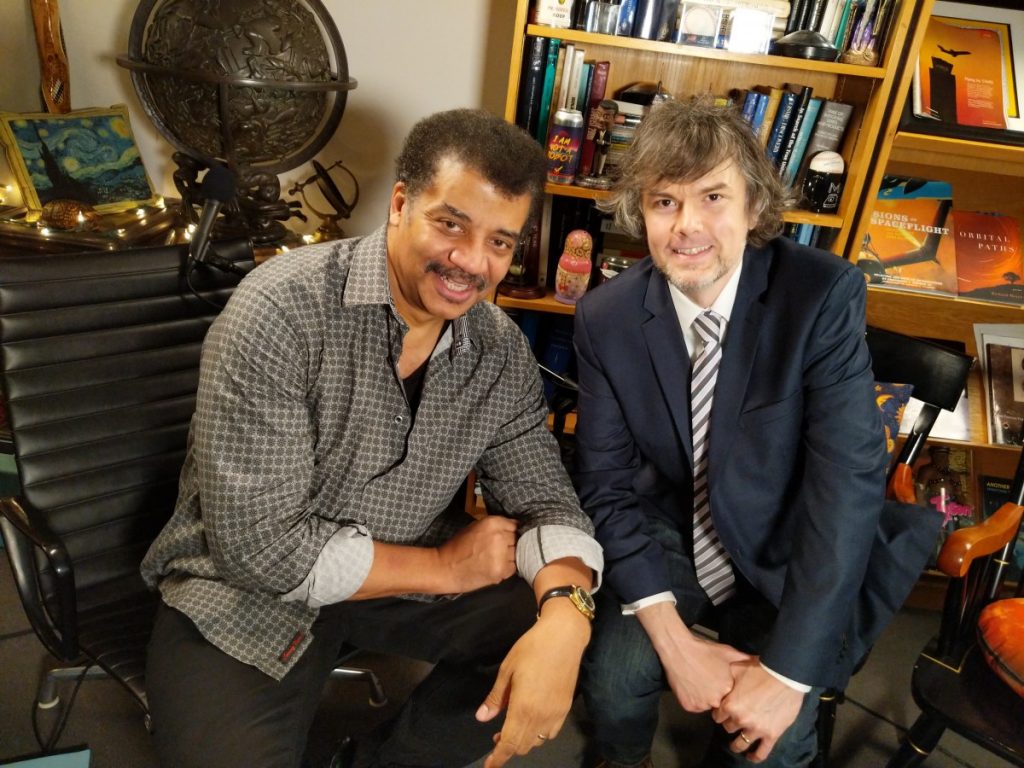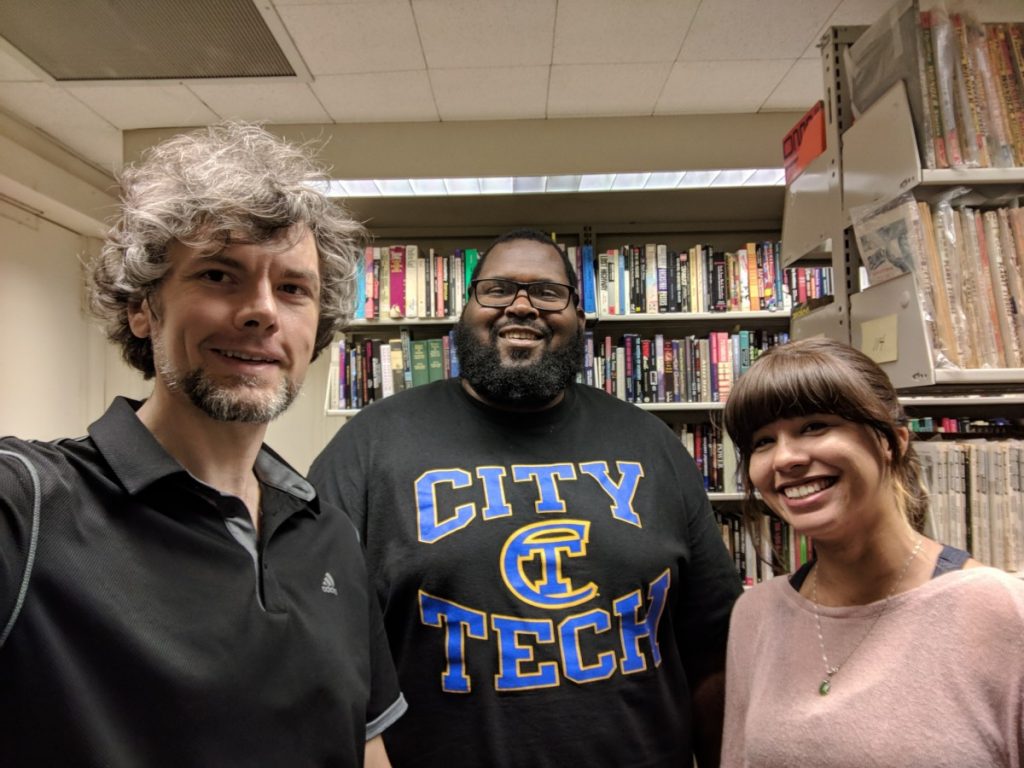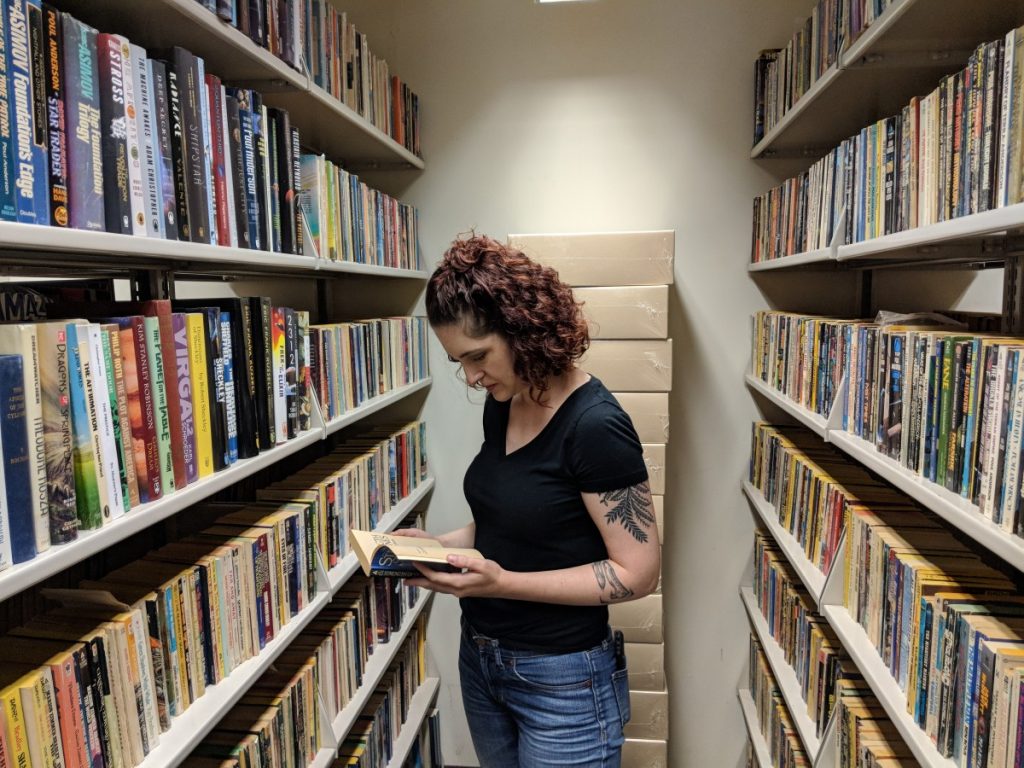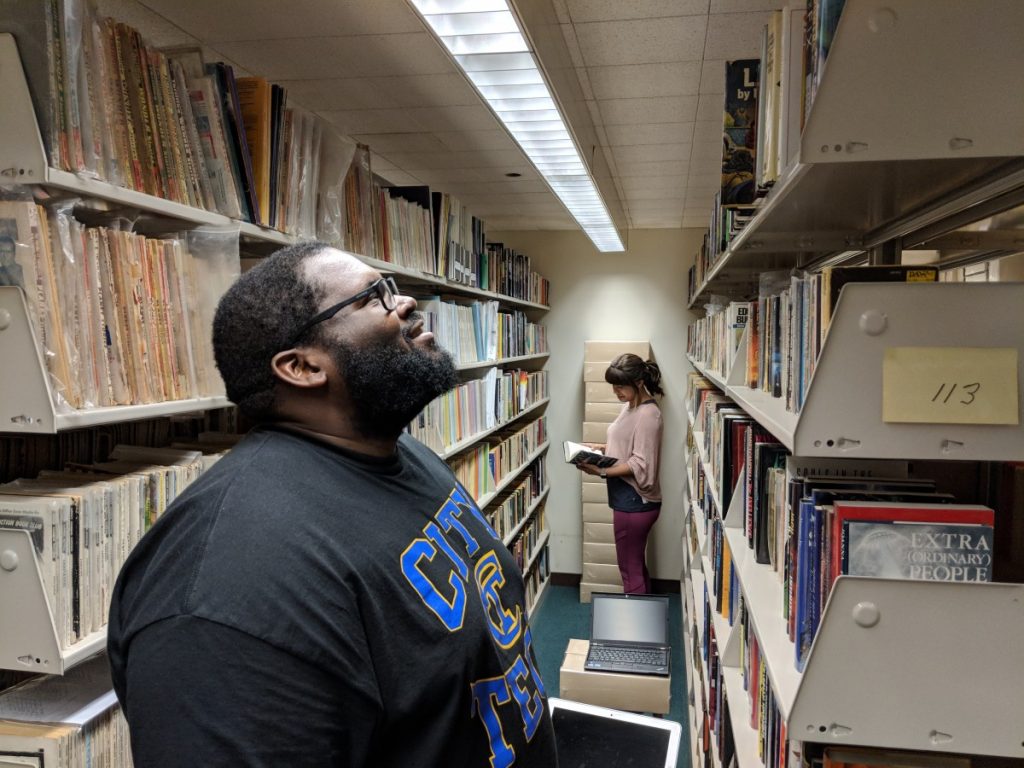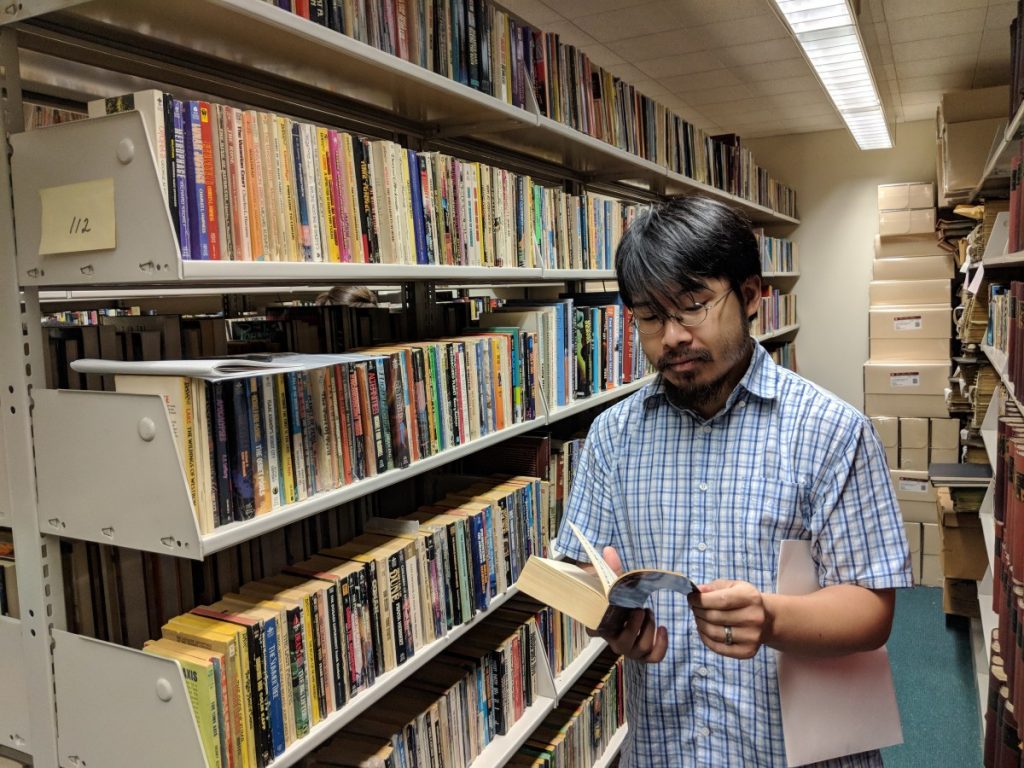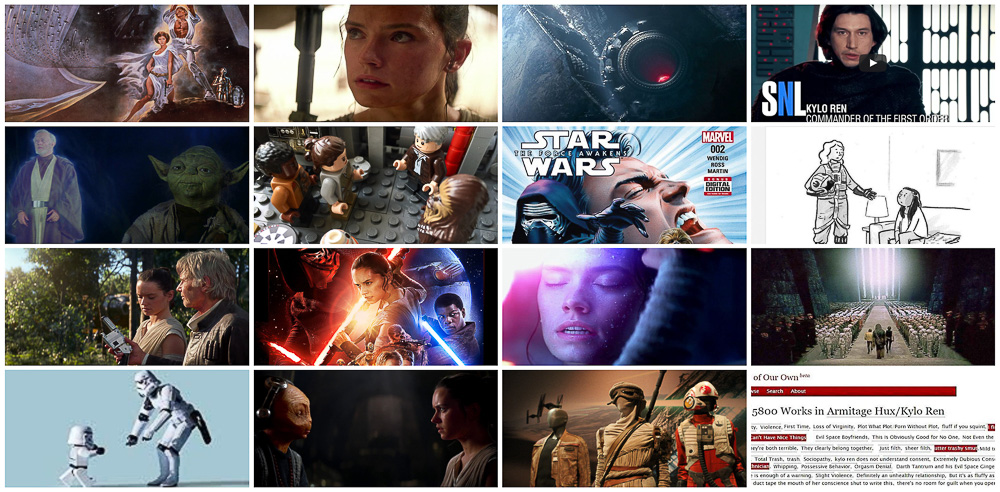NANO New American Notes Online is an online, peer-reviewed journal edited by Prof. Sean Scanlan and supported by the New York City College of Technology, CUNY. Prof. Jason Ellis is on NANO’s editorial board. Together with their colleague Prof. Alan Lovegreen of Orange Coast College, they are co-editing an upcoming special issue focused on Star Wars: The Force Awakens. Their call for papers is included below and the original CFP is available on the NANO website.
Call for Papers: NANO New American Notes Online Issue 12 on Star Wars: The Force Awakens
Deadline: February 1, 2017
Special Issue: Star Wars: The Force Awakens: Narrative, Characters, Media, and Event
Guest Editors: Jason W. Ellis, Alan Lovegreen, and Sean Scanlan
This thing [Star Wars] communicates. It is in a language that is talking to young people today, and that’s marvelous.
–Joseph Campbell in conversation with Bill Moyers, The Power of Myth (1988)
There are certainly many more themes in The Force Awakens that speak to us, and help us to learn more about these characters and what makes them tick.
–Dan Zehr, “Studying Skywalkers” column on starwars.com (May 18, 2016)
It is the aim of this special issue of NANO to address the significance of the latest installment of Star Wars by exploring its narrative, characters, media, and event. Across nearly four decades, audiences spanning generations have experienced Star Wars through films, television programs, books, video games, special events such as the annual “celebrations,” and other storytelling media, including action figures and LEGO. Following Disney’s acquisition of Lucasfilm, George Lucas’ production company, audiences experienced a new transmedia event and a continuation of the old stories with the release of Star Wars Episode VII: The Force Awakens in 2015. Joseph Campbell’s earlier observations about the first film raises new questions that deserve to be answered about the latest: How does this new film communicate? What language does it use? And, to whom is it speaking?
One way to approach these issues of communication and language is through the convergence of the film’s narrative and characters, especially how the transmission of this convergence gets revealed through a variety of media as an event. For example, how does the film’s narrative respond to, continue, and challenge those that it follows? And what about the cast of characters—some returning and some new? What do these characters and their performance of the narrative have to say about the here-and-now as well as the past? Of course, the narrative is told through media, which includes different film technologies, digital distribution, DVD and Blu-Ray discs, websites, video games, and apps. And stepping back for a larger perspective, the release of the film and its transmedia supporting elements inform The Force Awakens as an event, in part orchestrated by Disney/Lucasfilm, and in part connected to contemporary events, including #oscarssowhite, #womeninfilm, and #paygap. Furthermore, how does its event(s) relate to those of the past, including specifically those centered on the release of the earlier films and subsequent events awakening fans’ nostalgic enthusiasm. The Force Awakens’ considerable box office performance and tie-in successes signal how significant this film (and its progenitors) is, and it is the aim of this special issue to explore the promise and pitfalls of its cultural influence.
This issue welcomes multimodal essays up to 4,000 words (excluding works cited) exploring topics relating to Star Wars: The Force Awakens, including but not limited to the following:
* transmedia storytelling and The Force Awakens (including “Journey to Star Wars: The Force Awakens” publications, such as Chuck Wendig’s novel, Star Wars: Aftermath, and comic books Star Wars: Shattered Empire and Star Wars: Poe Dameron
* media transformation and adaptation (e.g., comparing the film with Alan Dean Foster’s novelization)
* materiality and The Force Awakens (e.g., LEGO, play, and collecting)
* Star Wars fandom and cosplay
* Star Wars reference materials and publications
* starwars.com and the official Star Wars app
* Star Wars videogames including LEGO Star Wars: The Force Awakens, Star Wars Battlefront, and the now defunct Disney Infinity tie-ins
* Jakku Spy VR experience
* Star Wars Celebration and ComicCon special events
* social and political movements’ coinciding/connecting with The Force Awakens
* the hero’s journey and the heroes’ journeys
* movement and storytelling
* vehicles as characters
* nostalgia and familiarity
* inclusive casting/characters
* droids and aliens
* hidden bodies/cgi characters (e.g., Maz Kanata/ Lupita Nyong’o and Captain Phasma/Gwendoline Christie)
* race and gender in The Force Awakens
* terrorism, insurgency, war, and militarism
* surveillance
Direct questions to the Special Issue co-editors: Jason W. Ellis [jellis@citytech.cuny.edu], Alan Lovegreen [alanlovegreen@yahoo.com], and Sean Scanlan [sscanlan@citytech.cuny.edu].
NANO is a multimodal journal. Therefore, we encourage submissions that include images, sound, or video in support of a written argument. These multimodal components may consist of objects and data sets that go beyond traditional media. The multimodal components of the essay must be owned or licensed by the author, come from the public domain, or fall within reasonable fair use (see Stanford University Libraries’ Copyright & Fair Use site, http://fairuse.stanford.edu/overview/fair-use/ and the U.S. Copyright Office’s Fair Use site, http://www.copyright.gov/fls/fl102.html for more information. NANO’s Fair Use Statement is available on its submission page, http://www.nanocrit.com/submissions-information/).
For questions about video, audio, or image usage, please contact NANO: editornano@citytech.cuny.edu.
NANO uses modified MLA (Modern Language Association) formatting and style.
Submission style guidelines: http://www.nanocrit.com/submissions-information/style-guide-nano/
Submission form: http://www.nanocrit.com/submissions-information/submission-form-page-nano1
Keywords and abstract: Each author is asked to submit 5 keywords and a 150-word abstract to accompany their submission.
Schedule: Deadlines concerning the special issue to be published in NANO:
* Submission deadline: February 1, 2017
* Complete comments and peer review June 2017
* Pre-production begins August 2017
We look forward to receiving your contributions.

